|
In an era rife with racial discrimination and gender barriers, Madam C.J. Walker overcame tremendous odds to build a pioneering hair care empire and become one of America's first self-made female millionaires. Her revolutionary marketing strategies and innovative business model helped the Madam C.J. Walker Manufacturing Company reach unprecedented heights.
Born Sarah Breedlove in 1867 in Louisiana, Walker faced a life of hardship from the start. But after struggling with a scalp disorder that caused her to lose much of her own hair, she created a line of hair care treatments tailored specifically for Black women's needs. When she unveiled her "Walker System" hair cultivation method and product line in the early 1900s, it was an immediate success. Walker's marketing mastery was key to her exponential growth. Recognizing her customers' unique needs, she built authenticity through purpose-driven marketing that spoke directly to Black women's desires. Her strategic marketing process optimized every aspect of the marketing mix – product, pricing, placement and promotional strategies – to deeply resonate with her target audience. On the advertising front, Walker blazed trails through partnering with the Black press. She ran advertisements in African American newspapers across the nation at a time when segregation drastically limited Black women's visibility. This allowed her to extend her brand's geographic reach across the country. An early franchising pioneer, Walker offered women the chance to operate their own Walker haircare businesses and earn economic independence. She hired a workforce of over 20,000 door-to-door saleswomen while also accepting mail orders to maximize her distribution channels. But Walker went beyond just selling products – she sold economic empowerment. She instilled this ethos through innovative employee engagement programs that gave bonuses when workers participated in community service. Walker also founded clubs and the Walker Benevolent Association to promote racial uplift and collective giving among her employees. From meager roots as a laundress peddling hair pomades, Walker's strategic approach to marketing, advertising and distribution built the Walker Company into a juggernaut grossing over $500,000 annually at its peak – around $10 million today. When she died in 1919, Walker had amassed a net worth exceeding $1 million, including substantial property investments. Madam C.J. Walker's path required grit, ingenuity and purpose that defied the racist, sexist conventions preventing so many others from succeeding. Her trailblazing hair care products sparked an industry while her pioneering business strategies empowered a generation of Black entrepreneurship and lasting community empowerment. #WomensHistoryMonth #BlackWomensHistory #WomenInMarketing #WomeninBeauty Long before influencers and social media, Elizabeth Arden employed brilliant marketing to shape societal attitudes and drive demand for her innovative beauty products. The pioneering entrepreneur didn't just build a cosmetics empire - she legitimized an entire industry through groundbreaking, educational advertising efforts.
Born Florence Nightingale Graham in 1881 in Ontario, Canada, Arden initially worked as a nurse's assistant and as a secretary before her entrepreneurial vision took flight. After moving to New York City around 1908, she gained experience as an assistant to a beauty specialist. This lit the spark for Arden to open her own Fifth Avenue salon in 1910 and begin developing her proprietary product lines. To promote these new cosmetics, Arden deployed marketing strategies that were revolutionary for their time. In an era when makeup and beauty aids carried negative associations tied to lower class and “loose” women, she became a trailblazing advertising force, effectively repositioned cosmetics as acceptable, even aspirational "ladylike" products for the modern woman. The marketing maverick didn't just shift mindsets - she introduced numerous tangible industry innovations still used today. Her campaigns introduced the public to new concepts, such as:
Through her brilliant branding instincts and savvy self-promotion, Elizabeth Arden built a pioneering global distribution model ahead of her time. By 1929, she owned 150 salons in the U.S. and Europe, with over 1,000 products sold in 22 countries. At the peak of her career, Arden ranked among the wealthiest self-made women in the world, and Arden boasted that her brand joined a select few like Singer sewing machines and Coca-Cola as American names recognized across the globe. More than just an ambitious businesswoman, Elizabeth Arden was a marketing visionary who built cultural acceptance and desirability for an entire industry. Her persona branding focus, innovative multi-channel advertising campaigns, revolutionary merchandising concepts, and prescient global expansion efforts legitimized and revolutionized beauty marketing for the modern era. #WomensHistoryMonth #WomenInBeauty #WomenInMarketing #WomenInAdvertising I'd like to start off Women's History Month by honoring some true trailblazers in the advertising industry: Dorothy Dignam and Barbara Proctor. Women marketers can see them as icons.
Blazing a Trail for Women in Advertising: The Remarkable Dorothy Dignam (1876-1960 In the male-dominated world of advertising in the early 20th century, Dorothy Dignam was a true pioneer. As the first female creative director at the legendary J. Walter Thompson Co., hired in 1941, she shattered glass ceilings and opened doors for countless women who would follow in her footsteps. But Dignam was more than just a creative talent and executive. She was also a tireless advocate for women's advancement in the advertising industry. From the 1920s through the 1950s, she promoted the importance of women's contributions in the field through her writings, teachings, and active support of women's professional organizations. Born in 1876, Dignam built an impressive career in market research and advertising on both sides of the Atlantic. After spending the 1920s in Europe, she returned to the U.S., living through the Depression in Philadelphia and World War II in New York City. Her experiences gave her unique insight into shifting economic and social currents - insights she channeled into her pioneering work. Dignam didn't just succeed in a male-dominated industry - she actively worked to help other women follow in her footsteps. She gave practical advice to aspiring female copywriters and marketers on building their skills, getting hired, and thriving once in the door. As an educator, she taught advertising skills and encouraged women to pursue creative roles. As a professional networker, Dignam was an active member and historian of Advertising Women of New York, documenting and advancing the involvement of women in the field. She compiled invaluable records tracing the history of women's contributions, ensuring their work was not forgotten. Though Dignam herself has largely slipped into obscurity, the legacy of her remarkable career lives on through the generations of women who have built careers in advertising. Her advocacy and mentoring opened doors for many who came after. And her professional achievements - rising to creative director at a time when women rarely held such roles - paved the way for women to lead in advertising. Dorothy Dignam was a true trailblazer. Her forward-thinking career and tireless promotion of women's advancement left a lasting mark on the advertising industry. She merits recognition as a creative pioneer, an inspiring mentor, and a champion for women in the workplace. The Pioneering Ad Woman Who Shattered Barriers: Barbara Gardner Proctor (1933-2018 In the male-dominated world of advertising in the early 20th century, Barbara Proctor was a true pioneer. As the first African American woman to own and operate an advertising agency, Proctor & Gardner Advertising, she shattered glass ceilings and opened doors for countless women who would follow in her footsteps. Born in poverty in North Carolina in 1933, Proctor overcame steep odds to graduate college and build an impressive advertising career. After getting her start at Chicago's Vee-Jay Records, where she played a bit part in bringing the Beatles to America, Proctor moved into advertising in 1964. At the Post-Keyes-Gardner agency, she racked up awards, before leaving over a dispute involving an ad she felt demeaned civil rights struggles. This experience only fueled Proctor's conviction to take control of her own destiny. In 1969, she made history by founding the Proctor & Gardner Advertising agency. Though she started it alone and with no capital, Proctor built the company into a multimillion-dollar success handling major clients like Kraft Foods and Sears. Proctor soon earned acclaim as the biggest black woman-owned ad agency in America. Her meteoric success landed her praise from then President Reagan and profiles by national media. Though the 1980s saw decline due to increased competition, Proctor's ripple effects persist. She succeeded in the exclusionary "Mad Men" era advertising boys' club when few black women could land any creative roles. In founding her own agency, Proctor paved the way for generations of black female advertising executives to follow. Barbara Proctor was a true trailblazer. Her forward-thinking career and barrier-breaking achievements left a lasting mark on the advertising industry. She merits recognition as a creative pioneer who inspired and opened doors for countless women. #WomensHistoryMonth #WomenInAdvertising #BlackWomenMarketers #BlackWomenAdvertisers Long before the civil rights movement of the 20th century, Black Americans were breaking down barriers in business, journalism, education and activism. Though faced with immense discrimination and hardship, these pioneers achieved notable firsts and paved the way for future generations. By celebrating their diverse achievements, we honor the creativity, determination and vision of these early African American pioneers. Their stories deserve to be told and celebrated.
Joseph Randolph (1768-1825) and the African Insurance Company A prominent businessman and community leader, Joseph Randolph demonstrates early Black excellence in pioneering finance and insurance. Born free in Virginia, Randolph later settled in Philadelphia and co-founded the Free African Society, a mutual aid organization for free Blacks. Seeing a need for Black citizens to have control over their money, Randolph founded the African Insurance Company in 1810. This was the first insurance company founded by an African American, 47 years before the American Life Insurance Company became the first Black-owned insurance firm chartered in the South. Randolph served as the President of the company, which provided fire and life insurance policies within Philadelphia's free Black community. His sons also became leaders in finance and civil rights, carrying on Randolph's legacy of entrepreneurship, innovation and community empowerment. David Ruggles (1810-1849): Abolitionist, Entrepreneur and Publisher A key figure in the Underground Railroad, David Ruggles was instrumental in the liberation of hundreds of enslaved persons. Born in Connecticut, Ruggles became actively involved in abolitionism and operated a small grocery store in New York City. This store doubled as a hub for escaped slaves, whom Ruggles assisted with shelter, food, clothing and transport further north. Highly organized and meticulous, he kept detailed records of the nearly 600 individuals he helped to freedom. Ruggles also founded an employment agency and was the first Black bookstore owner when he opened his Mirror of Liberty bookstore. Alongside his abolitionism and businesses, Ruggles edited and published The Mirror of Liberty newspaper, one of the earliest Black-owned and operated newspapers. Suffering poor health and blindness in his forties, Ruggles retired from activism but left an important legacy in the antislavery movement and African American entrepreneurship. Mary Ann Shadd Cary (1823-1893): Activist and First Black Woman Publisher Born to abolitionist parents, Mary Ann Shadd Cary stands out as a pioneering activist, teacher, lawyer and journalist. After teaching in her home state of Delaware, where education for free Blacks was restricted, Cary moved to Canada and began a teaching career there. She quickly became an advocate for civil rights and suffrage, writing and speaking on abolitionism and racial inequality. Cary founded The Provincial Freeman newspaper in 1853, becoming the first Black woman publisher in North America. The newspaper provided an important platform to voice anti-slavery views, promote Black Settlement in Canada and document the experiences of Black people in the Americas. Cary edited The Provincial Freeman until 1860, balancing her work with continuing efforts supporting education and woman's rights. After the Civil War, Cary returned to the United States, attending Howard University Law School and becoming one of the first Black female lawyers in the country. She worked tirelessly throughout her long career to open doors for African Americans and women through her writing, activism and pioneering professional roles. Sarah E. Goode (1850-1905): Inventor and Patent Holder Sarah E. Goode gained her freedom following Emancipation and became a pioneer in business and invention. Operating a furniture store in Chicago with her husband Archibald, Goode saw a need for space-saving furniture to accommodate the cramped living quarters of city-dwellers. She invented a cabinet bed that folded up against the wall, including storage space and a pop-up desk. Goode was granted a patent for the invention on July 14, 1885, becoming the first African American woman to hold a U.S. patent. Her clever furniture design enabled tenants to transform small apartments into usable spaces, while providing her a source of income and recognition for her talent. Goode used her success to become an advocate for African American and women's rights. She was active in her community, forming a local club for Black women and speaking on civil rights issues. Sarah E. Goode stands out as an early example of female ingenuity and entrepreneurship. Though faced with legalized discrimination and prejudice, these groundbreaking African Americans achieved monumental accomplishments in business, activism, education and media. From pioneering professions to establishing successful enterprises, they paved the way for future generations of Black entrepreneurs, inventors, journalists and change-makers. #BlackHistoryMonth2024 #BlackAchievement #SeraileBrandingIQ #FractionalCMO #BlackPioneers #BlackEntrepreneurs November is Native American Heritage Month, a time to celebrate and recognize the contributions of Native peoples to the United States. First declared by President H.W. Bush in 1990, this commemoration recognizes the 574 federally recognized Tribal Nations that continue shaping America.
Let's take a look at some of the key developments in Native American business, politics, and culture over the last few years.
#NativeAmericanHeritageMonth2023 Hispanic Heritage Month, observed from September 15th to October 15th, honors the culture, experiences, and contributions of Hispanic and Latinx Americans. This year, organizations can make Hispanic Heritage Month more than a celebration – it can become a call to action to better support the thriving, but still underrepresented Hispanic business community.
Hispanic-owned businesses now account for over 5% of all U.S. firms, employing more than 3 million people and generating $500 billion in revenue. From 2012 to 2022, the number of Hispanic-owned businesses grew at more than three times the national average rate. But Hispanic entrepreneurs still face obstacles in accessing capital, contracting opportunities, and equitable representation across industries. Here are some ideas for how businesses can step up during Hispanic Heritage Month 2023:
Hispanic Heritage Month is the optimal time to re-evaluate business relationships and purchasing behavior through an equity lens. Because supporting Hispanic-owned companies is not only a moral imperative, but an economic one – it’s good for business, community, and the nation’s prosperity as a whole. Equity in entrepreneurship lifts us all. #HispanicHeritageMonth #LatinxHeritageMonth #HispanicBusiness #LatinxBusiness August marks Black Business Month, a time to recognize and celebrate the contributions and achievements of Black entrepreneurs and business owners. This annual observance originated in 2004 when John William Templeton, founder of the National Black Business Trade Association, declared the month as a way to drive the policy agenda impacting the 2.6 million Black-owned businesses in America. Nearly two decades later, Black Business Month continues to highlight the tremendous progress Black entrepreneurs have made, while also underscoring the ongoing challenges they face.
According to the U.S. Census Bureau's Annual Business Survey, the number of Black-owned employer businesses increased by 26% from 2012 to 2021. And research shows that supporting these businesses boosts the economy overall. A 2021 McKinsey study found that achieving racial equity in business could add $5 trillion to U.S. GDP by 2030. So how can business leaders maximize Black Business Month 2023? Here are a few ideas:
Fostering an environment where Black businesses have equitable access to financial, educational, and community resources will benefit the economy as a whole. Black Business Month serves as a reminder of the vital role these entrepreneurs play and the potential they hold to reshape industries, spark innovation, and build generational wealth, if given the chance to fully and fairly compete. Equity in entrepreneurship benefits everyone. As we face record-setting temperatures across the globe this summer, organizations large and small will be challenged address the impacts of climate change and environmental degradation on their business growth trajectories. Today’s youth, Generation Z, are deeply concerned about climate change and environmental protection. This cohort represents $143 billion in spending power and bring eco-conscious values to their purchasing decisions and brand affiliations.
For C-suite leaders and small business owners, developing an authentic sustainability strategy is crucial for earning Gen Z’s long-term trust and loyalty. Superficial greenwashing won’t suffice. You must approach sustainability substantively, and with accountability. Here are three best practices for integrating sustainability in a way that resonates with Generation Z: 1.Set Ambitious Corporate Climate Goals Analyze your carbon footprint across operations. Establish targets for waste and emissions reductions aligned to climate science, then enlist all business units in creating action plans. Join industry coalitions pursuing net zero commitments. Advocate for climate policies and renewable energy – locally and globally. Demonstrate systematic commitment by reporting progress transparently. 2.Embed Sustainability Across the Brand Infuse eco-messaging consistently through marketing touchpoints - packaging, advertising, social media, website, partnership. Feature diverse voices and support local communities. Make sustainable options the default for customers by innovating to eliminate waste throughout the supply chain. Investigate circular production models. 3.Walk the Walk Inside Your Own Walls Before engaging externally, evaluate internal sustainability practices. Provide climate education for all employees, not just operations or manufacturing teams. Set green office/plant policies limiting waste, energy use and resources. Incentivize sustainable employee commutes through public transit and car-pooling credits. And remote work has been found to significantly reduce pollution, energy use and traffic. The Bottom Line For Generation Z, commitment to sustainability can be a make-or-break factor in purchasing and employment decisions. With courage and accountability, climate-driven business practices will generate resilience, innovation, and affinity with the next generation. By dedicating focus and resources to environmental issues, businesses can help strengthen society while future-proofing their brand relevance. Check out this informative and inspiring collection of video programs about the history and contributions of Asian Americans, Pacific Islanders and Native Hawaiians - available via your local PBS station. Programs range from documentaries about political leaders and social movements, family stories of immigration and migration, generations uniting around shared recipes, newcomers and long-time citizens building businesses and communities.
#AAPIHeritageMonth #AAPIPBS What better way to honor the contributions of American women than through the The American Women Quarters Program. This four-year program celebrates the accomplishments and contributions made by women of the United States. Beginning in 2022, and continuing through 2025, the U.S. Mint will issue up to five new reverse designs each year. The honorees for 2023:
|
Author
Cheryl A. Seraile is a Full Stack Marketing & Strategy Leader, with a passion for uncovering new trends and insights about consumers, demographics, culture and the world. Categories
All
|
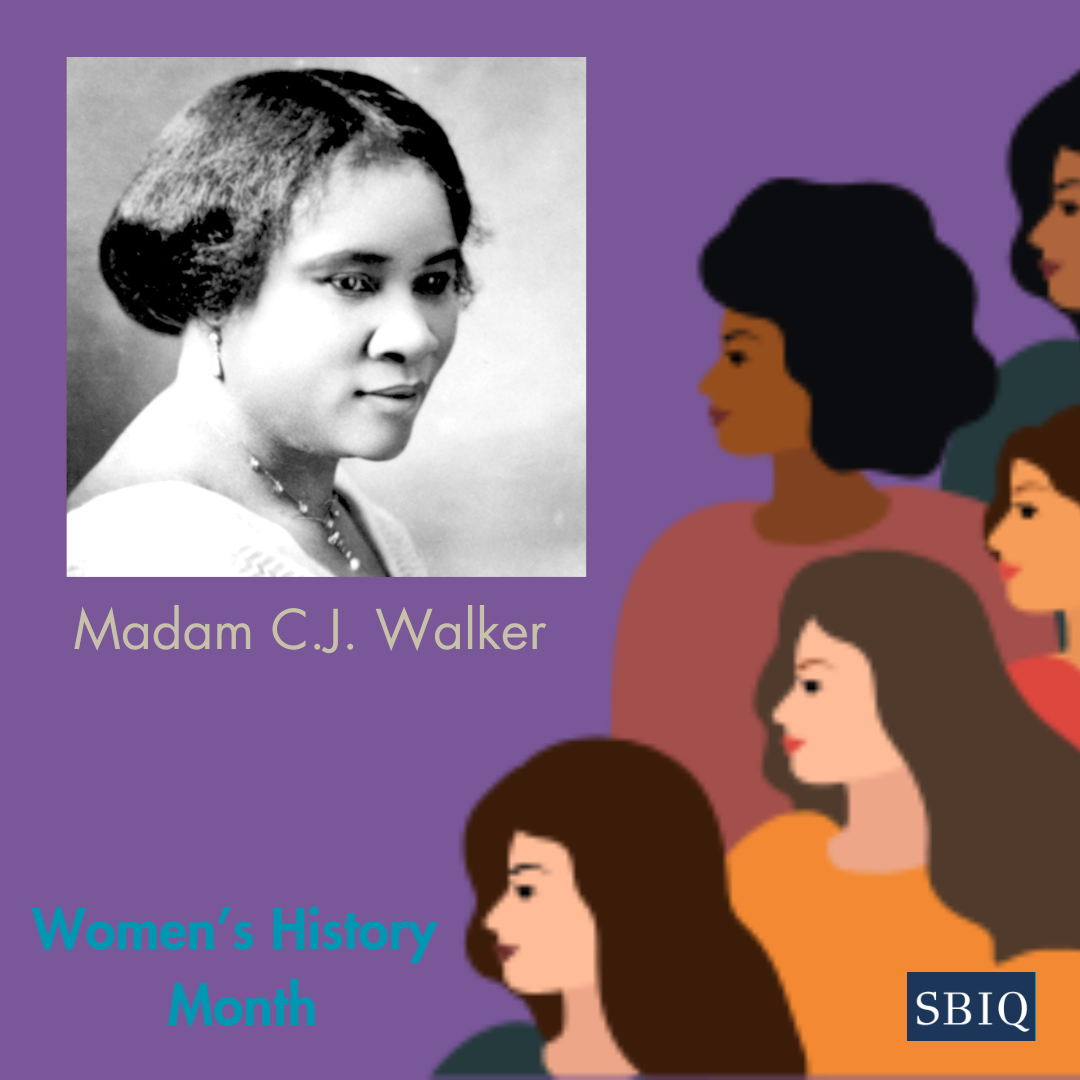
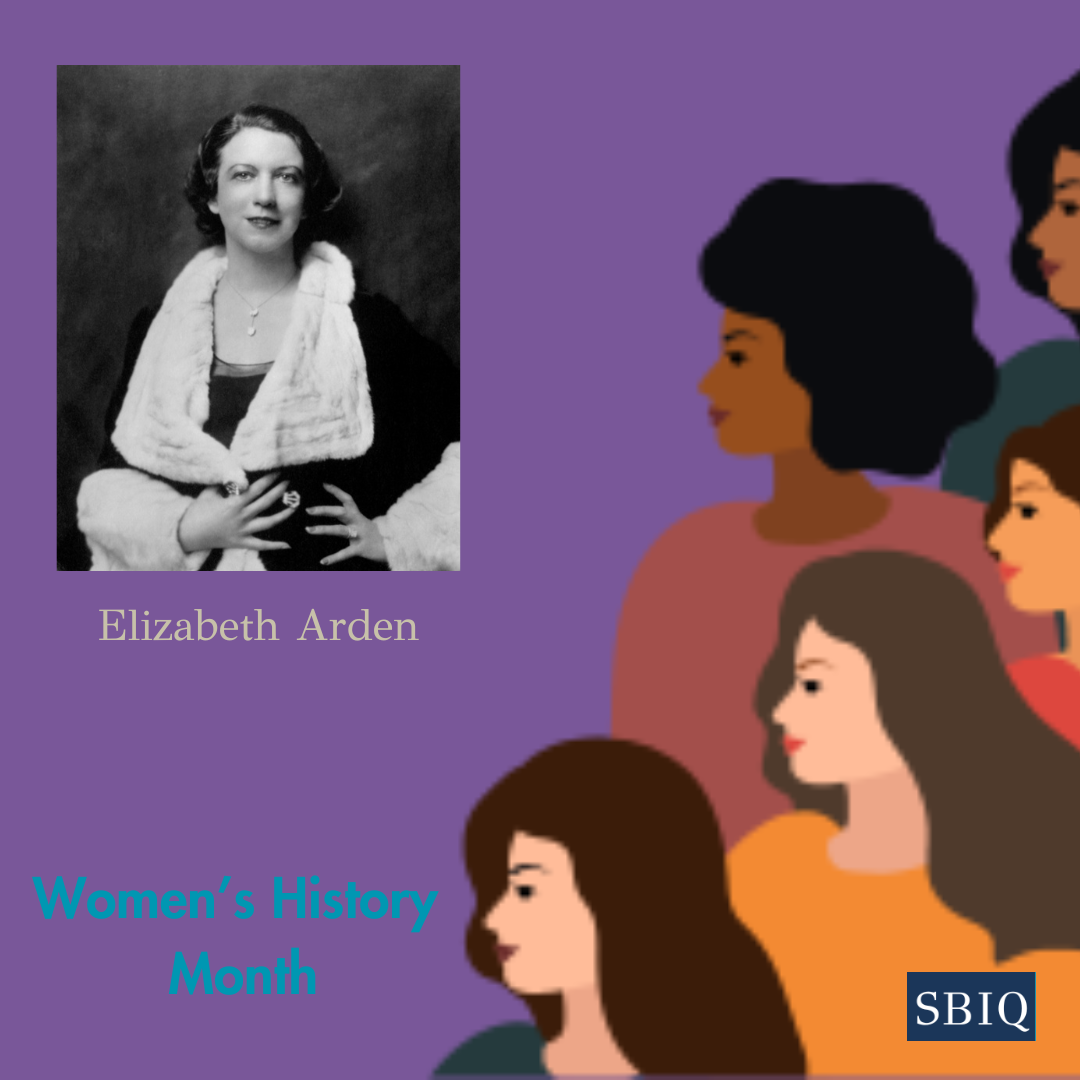
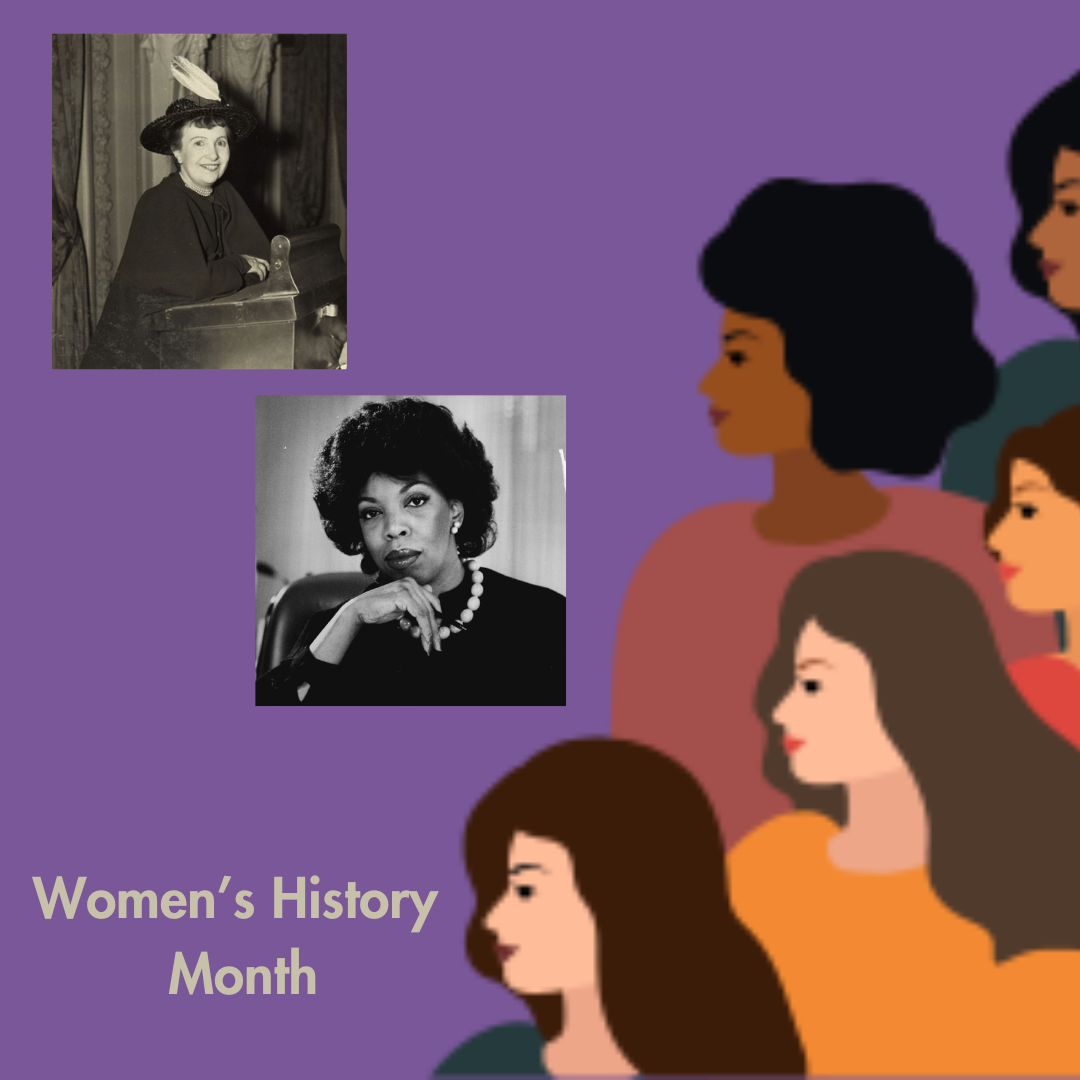
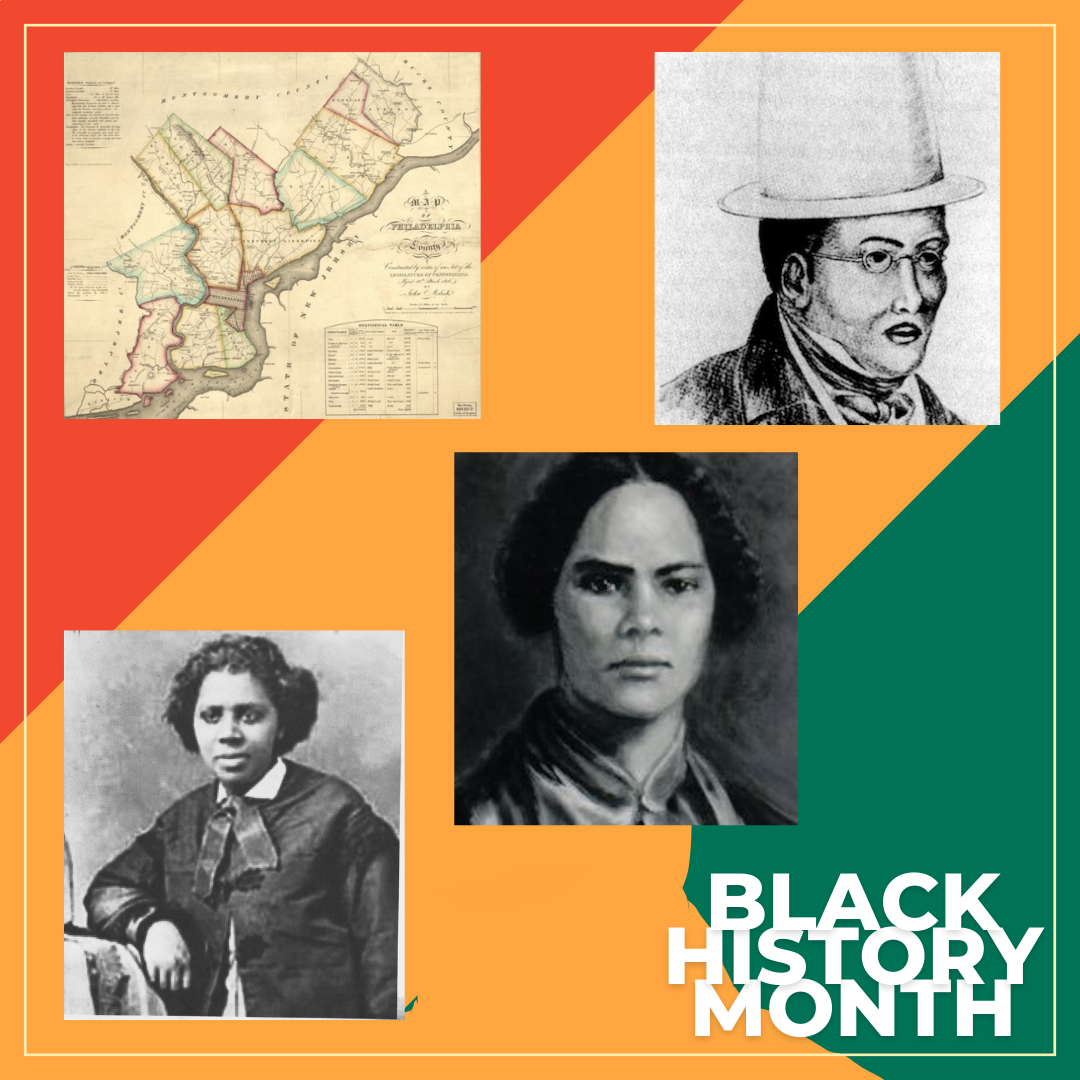





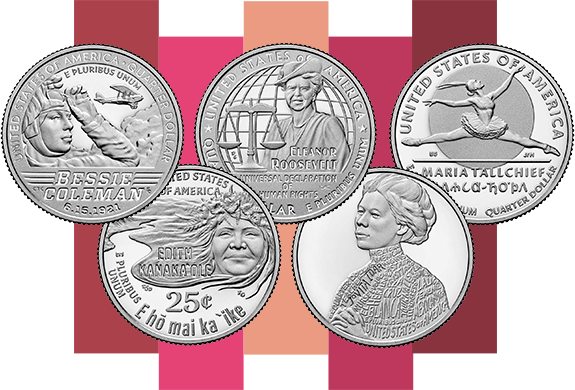
 RSS Feed
RSS Feed